'Jihadi John': Mohammed Emwazi 'felt like dead man walking'
- Published
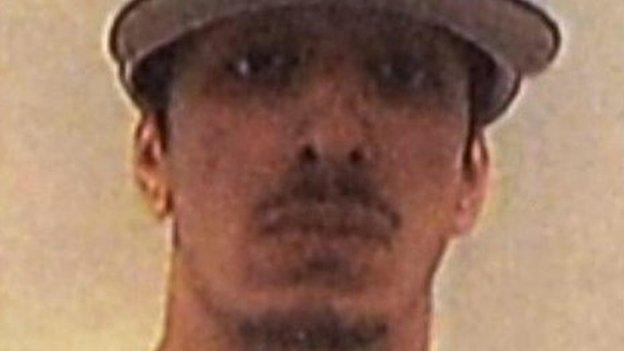
The man identified as extremist "Jihadi John" said he felt like a "dead man walking" after being contacted by UK security services, a newspaper reports.
Mohammed Emwazi, a Kuwaiti-born British man from west London, made the claims in 2010 in email exchanges with a Mail on Sunday, external journalist, the paper says.
Emwazi said he had considered suicide so he could "get away" from MI5.
In recent months, he has been seen in several Islamic State videos where Western hostages have been beheaded.
According to the Mail on Sunday, Emwazi emailed its security editor Robert Verkaik in 2010 and 2011.
Writing in December 2010, Emwazi claimed to have met a member of the security services who was posing as a buyer for his laptop.
'Sleep for ever'
He revealed his fears after the buyer shook hands on the deal and called him by his first name, which Emwazi said he had never revealed.
He wrote: "I felt shocked and paused for a few seconds as he walked away.... I knew it was them!"
He added: "Sometimes I feel like a dead man walking."
He explained he did not fear that MI5 would kill him but that he would take his own life, so "I will sleep for ever", the newspaper reports.
He added: "I just want to get away from these people!"
UK security services have been criticised in recent days for not stopping Emwazi fleeing to Syria to join Islamic State.
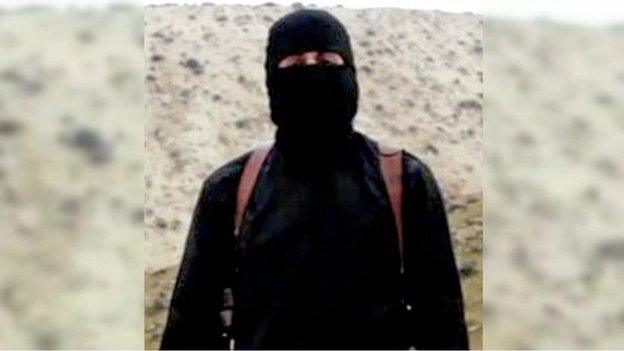
"Jihadi John" has appeared in several videos put out by Islamic State
Shadow home secretary Yvette Cooper told the Andrew Marr Show that the removal of key parts of controls orders in 2011 had been a mistake.
Relocation powers have been reintroduced by the coalition this year, something a future Labour government would seek to continue and had argued for, Ms Cooper added.
Scotland Yard's senior counter-terrorism officer Helen Ball said the number of Syria-related terror investigations has "increased enormously" along with the number of interventions.
In 2013, police made 25 Syria-related arrests, compared to 165 arrests last year, she said.
Ms Ball said the relocation element of control orders was "valuable" in taking people away from extremist networks, but added that it was not possible to "eliminate the risk that they pose" short of locking someone up for 24 hours a day.
Mohammed Emwazi thought that the security services were closing in on him, as the BBC's special correspondent Lucy Manning reports
It has also emerged that an associate of "Jihadi John" who had links with the failed 21 July 2005 London bombers thwarted efforts to deport him from the UK by using the human rights act.
Court papers obtained by the BBC show the man, identified only as J-One, was a member of a group of terror suspects in London, which included Mohammed Emwazi, and has avoided deportation since legal action began five years ago.
Meanwhile, it is reported that the north London school attended by Emwazi - Quintin Kynaston Academy in St John's Wood - also educated two other pupils in the same period as Emwazi who went on to become Islamist fighters.
The Sunday Telegraph said, external both pupils had died fighting for terror groups, one in Syria and the other for al-Shabab, an affiliate of al-Qaeda, in Somalia.
A Department for Education spokeswoman told the newspaper its counter extremism division was working "tirelessly" to understand extremism and to offer help to schools with pupils or former pupils who had travelled to "areas of concern" such as Syria.
She added: "The allegations about Quintin Kynaston may be historic and it is clearly a completely different school today, but I'm sure we will look back at the evidence from the time as part of this review to see if there are any lessons we can learn for the future."
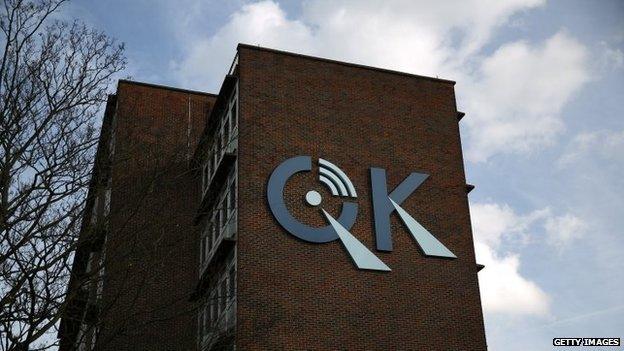
Emwazi's former school says it is shocked by the allegations
Quintin Kynaston has said it is "shocked and sickened" that a former pupil may be involved with Islamic State.
It added: "QK has been extremely proactive in working with the government's Prevent strategy for a period of time and will continue to do so for the foreseeable future."
Emwazi, who is in his mid-20s, first appeared in an Islamic State video last August, when he apparently killed the US journalist James Foley.
He is later thought to have been pictured in the videos of the beheadings of US journalist Steven Sotloff, British aid worker David Haines, British taxi driver Alan Henning, and American aid worker Abdul-Rahman Kassig, who was also known as Peter.
UK-based advocacy group Cage has suggested that MI5's contacts with Emwazi may have contributed to his radicalisation.
Downing Street said that suggestion was "completely reprehensible".
But former shadow home secretary David Davis said UK intelligence agencies had a flawed anti-terrorism strategy, because extremists like Emwazi had been left free to "carry out evil deeds".

Mohammed Emwazi timeline:
1988: Born in Kuwait, moves to UK in 1994
2009: Completes computing degree at University of Westminster
Aug 2009: Travels to Tanzania with two friends for safari but refused entry at Dar es Salaam. Put on flight to Amsterdam. After questioning there, returns to Dover
Sept 2009: Travels to Kuwait to stay with father's family
July 2010: Returns to UK for short stay but told he cannot return to Kuwait as visa denied
2012: Passes Celta English language teaching course
2013: Changes name by deed poll. Tries to travel to Kuwait but is stopped. Disappears. Parents report him missing. Police tell family four months later he has entered Syria
Source: Cage, London-based campaign group

- Published1 March 2015
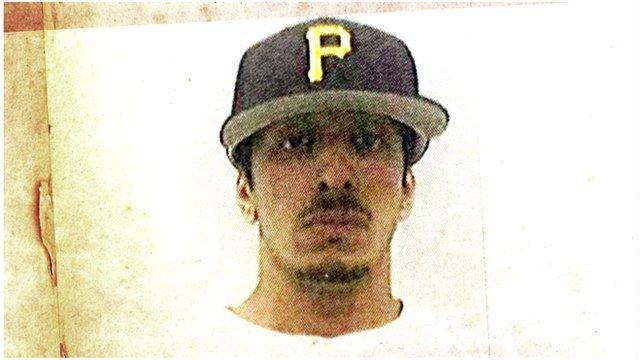
- Published13 November 2015
- Published28 February 2015
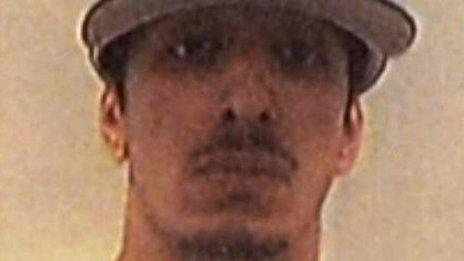
- Published28 February 2015
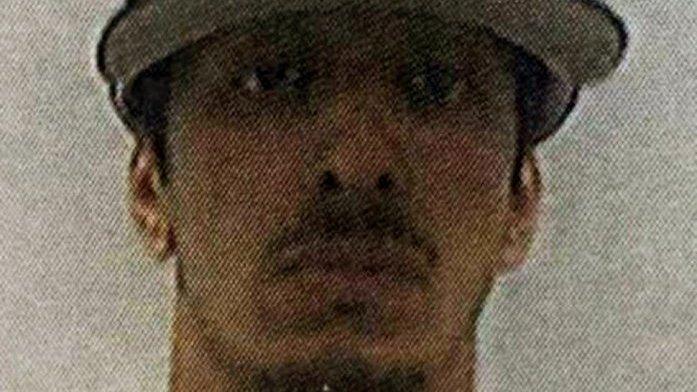
- Published27 February 2015
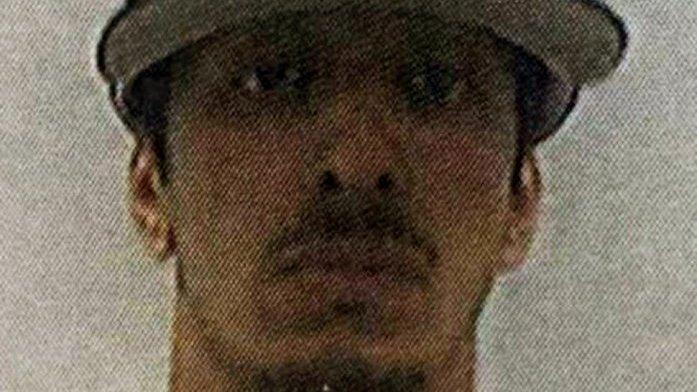
- Published26 February 2015
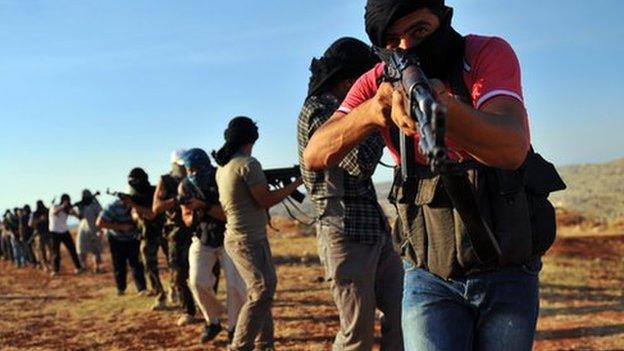
- Published26 February 2015
